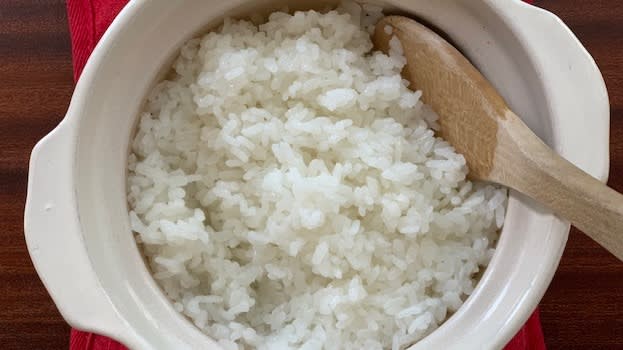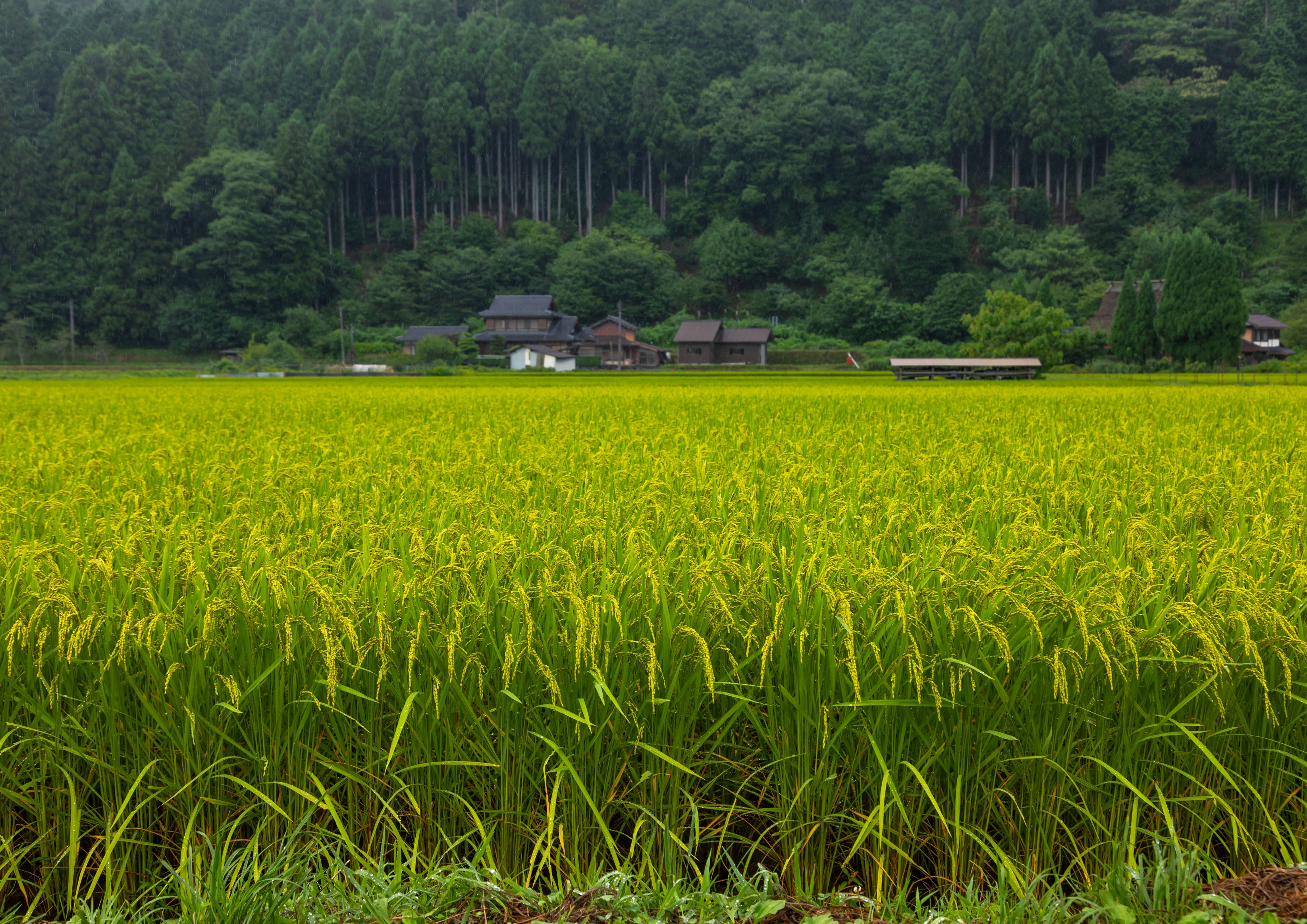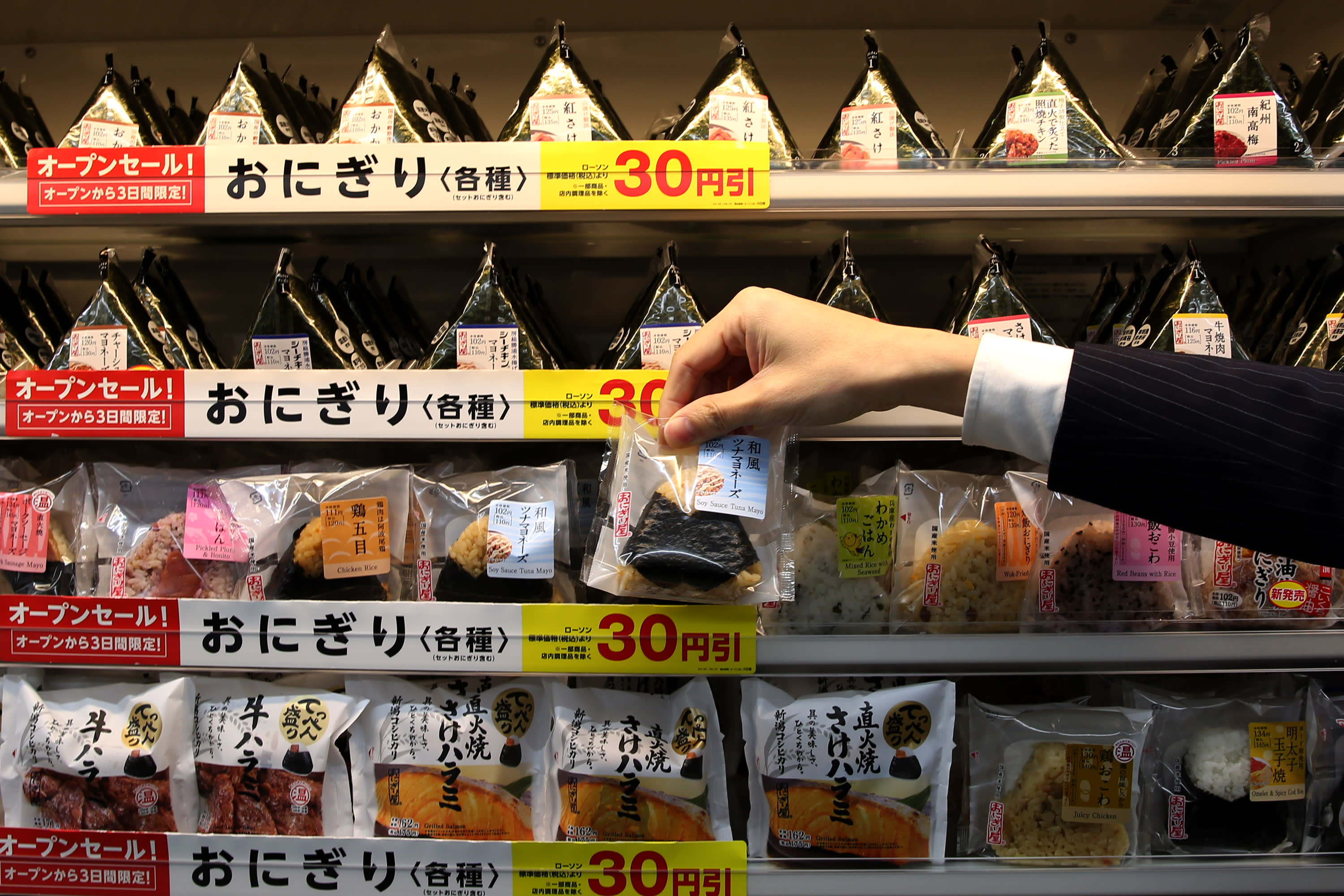"Informed AI News" is an publications aggregation platform, ensuring you only gain the most valuable information, to eliminate information asymmetry and break through the limits of information cocoons. Find out more >>
The Cultural and Economic Significance of Rice in Japan
- summary
- score



Rice is Japan’s soul, as essential as wine to France. Over 500 varieties, each unique, are grown. To older Japanese, a meal without rice isn’t a meal. Rice lore is rich, from family heirlooms to rituals.
Chef Jiro Ono insists perfect sushi starts with perfect rice. At Narita Airport, Chinese tourists smuggle 30-kg bags of Koshihikari, the king of rice. But climate change threatens this staple. Heat and pests strain crops, prompting research for heat-resistant varieties.
Neighborhood rice shops fade as online and supermarket sales rise. Yet, storage capacity is at a 30-year low. This summer, Tokyo supermarkets rationed rice. Historically, rice was currency. Post-WWII, it traded for luxury items.
Today, population decline and hotter summers shrink output. Typhoons empty shelves. Rice imports are minimal, mainly for restaurants. Japanese prefer their own rice.
Experts suggest robots and computers could boost production. But rice’s emotional value complicates this. Digitizing its production might do more harm than good.
| Scores | Value | Explanation |
|---|---|---|
| Objectivity | 5 | Balanced reporting with comprehensive analysis. |
| Social Impact | 4 | Strong social discussion, influencing public opinion. |
| Credibility | 5 | Solid evidence from authoritative sources. |
| Potential | 4 | High potential to trigger larger events. |
| Practicality | 4 | Highly practical, applicable to real problems. |
| Entertainment Value | 3 | Some entertainment value, attracts a portion of the audience. |